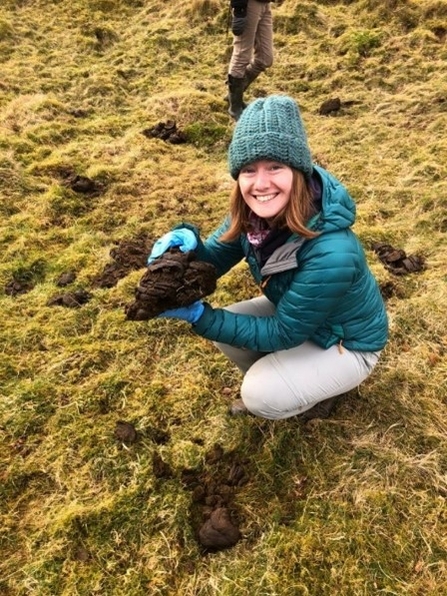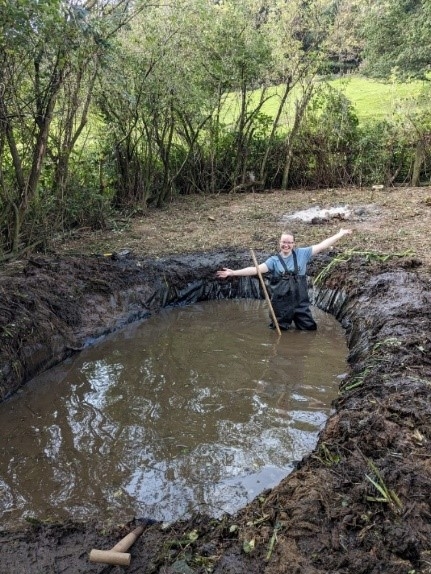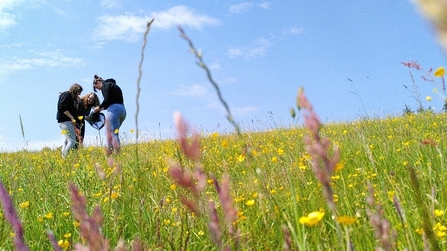Radnorshire Wildlife Trust’s branch of Stand for Nature has been running since 2021, and has engaged with hundreds of young people across the county. Despite this, our most valuable engagement has been through our traineeship, which has worked with 11 trainees across the two years it has been active.
Our traineeship is a six-month voluntary position for young people in Radnorshire to take part in real conservation and get an insight into potential career paths – but more than this, they get a chance to get outside, learn about wildlife, meet new people and learn that they are not alone in their interest in nature. Conservation must become a young person’s interest – no longer can it be relegated to being ‘someone else’s problem’. It is, however, often very tricky to get your foot in the door for a young person interested in starting a career in conservation – most young people nowadays have to volunteer to get the experience necessary for a job (and I am no exception - I spent nearly a year volunteering for the Trust through Stand for Nature’s traineeship before getting this job).



